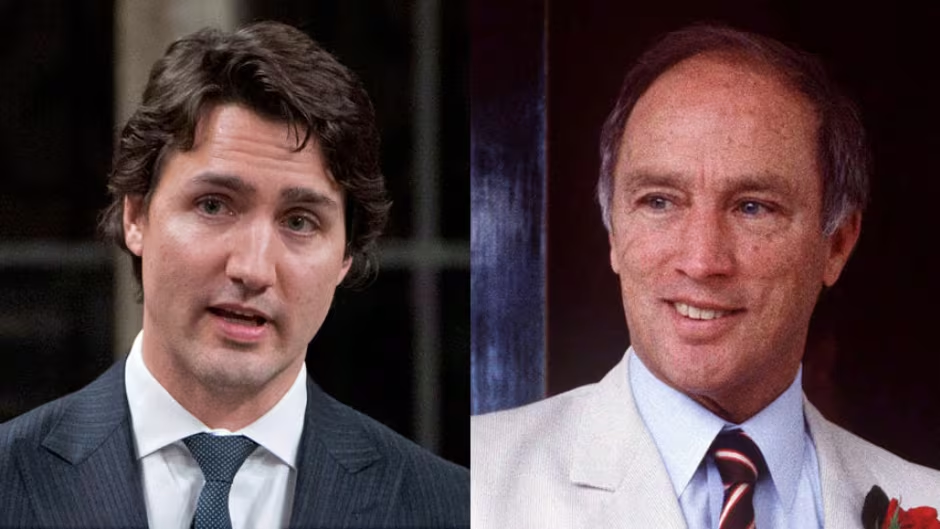Amidst the mounting internal pressure from his own party, Canadian Prime Minister Justin Trudeau announced his resignation on Jan. 6 during a press conference in Ottawa.
Trudeau is the son of Canadian Prime Minister Pierre Trudeau, who dominated the country’s politics in the 1970s and ’80s. Justin Trudeau, serving as Prime Minister for nearly nine years, has led Canada through challenges including the COVID-19 pandemic and policies dealing with immigration and gender issues.
However, Trudeau cited in his speech that the declining support from the public as well as the ongoing internal battles within his Liberal Party led him to step down. Trudeau’s administration has been a rocky road. His efforts to alleviate the housing problems and address the stagnant job markets of Canada had been unsuccessful. Despite initial promises of progressive reform and inclusivity, the unyielding results led many Canadians to be unhappy with the administration’s progressions.
On top of the disapproval regarding his government’s economic recovery and environmental initiatives, Trudeau has also been accused of being “ill prepared to face the challenge posed by President-elect Donald J. Trump.” As Trump announced his plans to impose tariffs on imported Canadian goods, many criticized Trudeau’s approach to international trade, arguing that his previous negotiations lacked the firmness needed to safeguard Canadian interests.
Despite efforts to unite his party and appeal to a diverse electorate, Trudeau’s approval ratings steadily declined, leading to skepticism among voters about his continued ability to lead effectively. In his speech, Trudeau addressed these problems, saying that there should be a fresh new leader who should cover up for these roles.
“I’m glad he [Trudeau] resigned,” JoonHo Kim (11), politics enthusiast, said. “I feel like Canada would have gone down the hill seen through the ineffective progress of the Trudeau administrations, and I don’t think they would have managed Trump’s plans.”
Trudeau’s approval rating reached its lowest during recent years. However, Trudeau’s resignation will not take effect immediately. He has made it clear in his speech that he will stay in office till March 24 till his successor will be selected.
“It’s the end of the Trudeau era,” Philip Bliss (11), APUSH student, said. “Better hopes for the future of Canada.”


